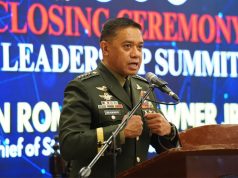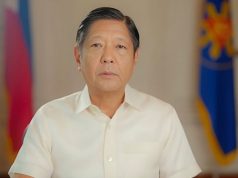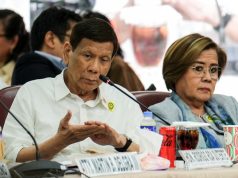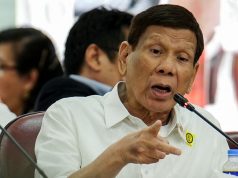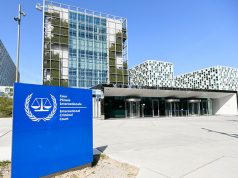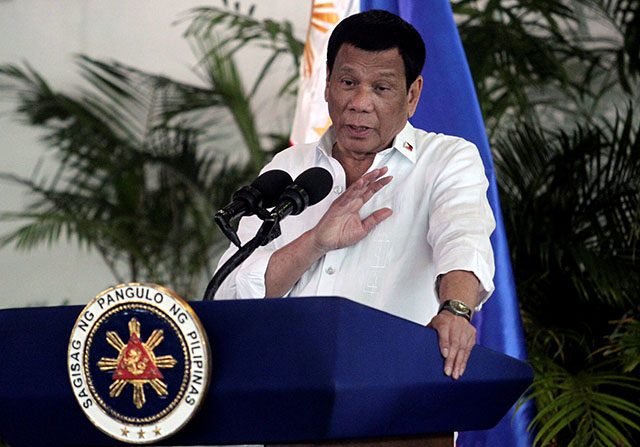
President Rodrigo Duterte’s supposed “address to the nation” on Tuesday ended up becoming a one-on-one talk show with his Chief Presidential Legal Counsel Salvador Panelo, but only after a confusion of announcements on whether it will even push through.
Filipinos were quick to share their reactions on the sudden change of agenda. Some connected Duterte’s previous cancellation with his preference to start his day late.
Night shift naman kasi talaga si PDiggy, ‘di ba https://t.co/I87uCbB65p
— Reporters of Manila (@ReportersofMNL) September 11, 2018
Spot.ph editor-at-large Manuel Quezon III offered a compilation of the Palace’s confusing statements about Duterte’s press con-turned-têtê-a-têtê.
Still confused?
PCOO: No Presidential Presser anymore, we can't say why.
Bong Go: No presser but speech to proceed at 3:15.
Panelo: No presser was scheduled in the first place.
Roque: No cancellation happened; what was scheduled will push through but under modified format. pic.twitter.com/zECiJneUWo— Manuel L. Quezon III (@mlq3) September 11, 2018
One private citizen asked if the têtê-a-têtê would become a regular protocol and recalled former US President Franklin Roosevelt’s radio talks.
So this tête-à-tête thing with President Duterte: Will this be a regular thing, like, y'know, President Roosevelt's fireside chats?
— Meritxell Himulák ???️? (@joshuamligan) September 11, 2018
According to White House History, Roosevelt’s radio talks “connected Americans to the White House in a way no medium of communication had yet allowed.”
Roosevelt addressed the problems and triumphs of the Great Depression and World War II through the medium.
Meanwhile, former presidential spokesperson Abigail Valte recalled the meaning of the term “national address” in light of the situation.
A national address is one of the best weapons available to a sitting president; it must be used wisely, and sparingly, otherwise it loses it impact. It is reserved for times when a president needs the full attention of the nation.
— Abi Valte (@Abi_Valte) September 11, 2018
It also signals to the public the importance of the subject discussed, usually reserved to address serious issues and/or allegations. In this case, the President’s health: the level of noise about it, no matter how much the Palace has tried to downplay it…
— Abi Valte (@Abi_Valte) September 11, 2018
That being said, short is sweet. Networks give way to national addresses as respect to the Office of the President. If precious air time is not used judiciously, networks will…you guessed it. Cut. You. Off. Time is money, after all 🙂
— Abi Valte (@Abi_Valte) September 11, 2018
There is no standard definition of what a national address is. However, based on Valte’s notes, it is a more informal version of the State of the Nation Address where the president briefly updates his citizens on current issues.
“It is reserved for times when a president needs the full attention of the nation. It also signals to the public the importance of the subject discussed, usually reserved to address serious issues and/or allegations,” she wrote.
Duterte’s desire to have a national address came in the midst of Senator Antonio Trillanes’ controversial amnesty revocation, the drastic rise in the country’s inflation rate and the supposed ouster plots against him, among others.




